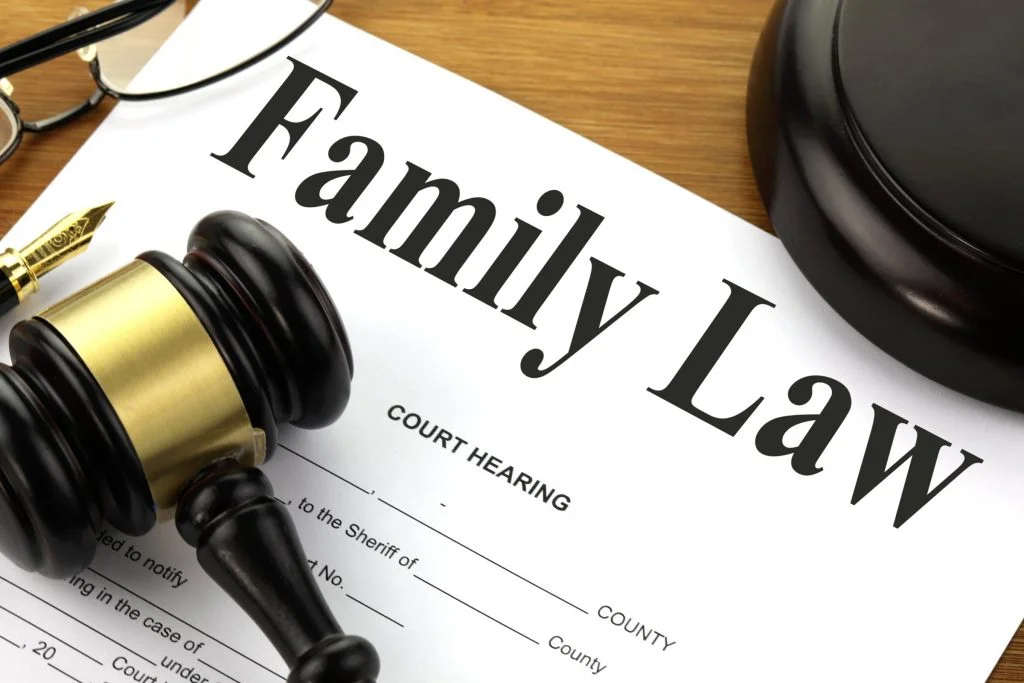Key Considerations When Hiring Family Lawyers in Melbourne
When facing family legal issues, the choice of a lawyer can significantly impact the outcome of a case. In Melbourne, where family law encompasses matters such as divorce, child custody, and property settlements, selecting the right legal representation is crucial. This article outlines key considerations to keep in mind when hiring family lawyers in Melbourne. Understanding Family Law Specialisation Family law is a specialised field that requires a deep understanding of the legal system and its nuances. Not all family lawyers Melbourne possess the same level of expertise in family law, so it is vital to seek out those who focus specifically on this area. When searching for a family lawyer, consider their qualifications and experience. Look for lawyers who are members of recognised legal associations, such as the Family Law Section of the Law Council of Australia. This affiliation often indicates a commitment to staying updated on the latest developments in family law. Experience in Relevant Cases Experience plays a pivotal role in the effectiveness of a family lawyer. It is advisable to choose a lawyer who has handled cases similar to yours, whether they involve divorce, child custody disputes, or financial settlements. A lawyer with relevant experience will be better equipped to navigate the complexities of your case. Moreover, ask potential lawyers about their success rates in similar cases. This information can provide insight into their ability to achieve favourable outcomes for their clients. Furthermore, consider the lawyer’s approach to negotiation and litigation; some cases may benefit from a more conciliatory approach, while others may require a more aggressive stance in court. Understanding how a lawyer typically handles cases can help you determine if they align with your own expectations and needs. Understanding the Legal Process A proficient family lawyer should be able to explain the legal process clearly and concisely. They should help clients understand what to expect at each stage of their case, from initial consultations to court appearances. This transparency can alleviate some of the stress associated with family legal matters. Additionally, a good lawyer will provide realistic assessments of potential outcomes, ensuring that clients are not misled about the possibilities of their case. They should also be adept at discussing the emotional aspects of family law, recognising that clients are often going through challenging times. A compassionate lawyer will not only focus on the legalities but will also take the time to understand the personal implications of the case, offering support and guidance throughout the process. This holistic approach can make a significant difference in how clients cope with the challenges they face during family disputes. Communication Style and Availability Effective communication is essential in any lawyer-client relationship. It is important to choose a family lawyer who is approachable and willing to listen to your concerns. During initial consultations, pay attention to how well the lawyer communicates and whether they take the time to address your questions. A lawyer who actively engages in dialogue and encourages open discussion can foster a more collaborative atmosphere, which is particularly beneficial in family law matters where emotions often run high. Availability is another critical factor. Family law cases can often be time-sensitive, and having a lawyer who is readily accessible can make a significant difference. Ensure that the lawyer you choose is responsive to emails and phone calls, and can dedicate time to your case when needed. Additionally, consider their office hours and whether they offer flexible scheduling options, as this can greatly impact your ability to communicate effectively, especially during urgent situations. Initial Consultation Most family lawyers offer an initial consultation, which can be an excellent opportunity to gauge their communication style and approach. During this meeting, clients should feel comfortable discussing their situation and asking questions about the lawyer’s experience and strategies. It is advisable to prepare a list of specific issues you wish to address, as this can help ensure that you cover all necessary topics and make the most of your time together. Take note of how the lawyer responds to your concerns. A good family lawyer will demonstrate empathy and understanding, making you feel supported throughout the process. They should also provide insights into the legal framework surrounding your case, helping you to understand the potential implications of various decisions. This level of engagement not only reassures clients but also builds a foundation of trust that is crucial for navigating the complexities of family law. Fees and Payment Structures Understanding the fee structure is vital before hiring a family lawyer. Different lawyers may have varying billing methods, such as hourly rates, fixed fees, or retainer agreements. It is essential to clarify these details upfront to avoid any surprises later on. Additionally, inquire about any extra costs that may arise, such as court fees or charges for expert witnesses, as these can significantly affect the overall expenses of your case. Discuss the estimated costs associated with your case during the initial consultation. A transparent lawyer will provide a clear breakdown of potential expenses, helping you to budget accordingly. Moreover, it can be beneficial to ask about payment plans or options for financing, as many clients may find themselves in a challenging financial position during family disputes. Understanding your lawyer’s approach to fees can help alleviate some of the stress associated with legal proceedings, allowing you to focus on the more personal aspects of your situation. Reputation and Reviews The reputation of a family lawyer can provide valuable insight into their reliability and effectiveness. Researching online reviews and testimonials can help gauge the experiences of previous clients. Look for patterns in feedback, particularly regarding communication, professionalism, and success rates. Additionally, consider seeking recommendations from friends or family members who have previously engaged family lawyers. Personal referrals can often lead to trustworthy and competent legal representation. Professional Conduct Professional conduct is a crucial aspect of a lawyer’s reputation. A family lawyer should adhere to ethical standards and demonstrate integrity throughout the legal process. This includes being honest about potential outcomes and not making unrealistic
Key Considerations When Hiring Family Lawyers in Melbourne Read More »


